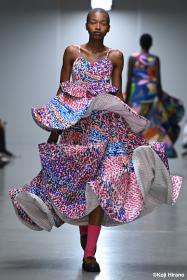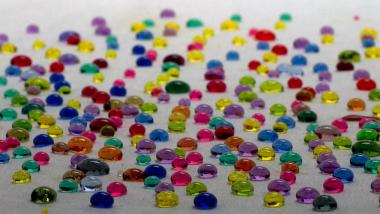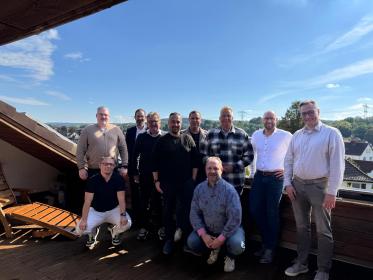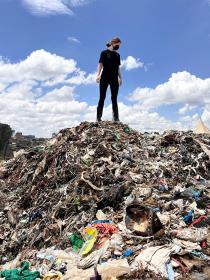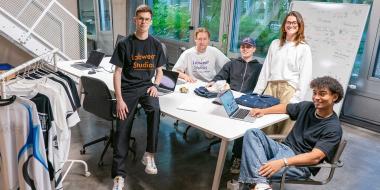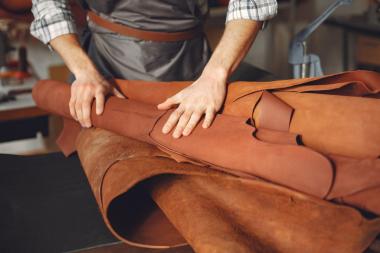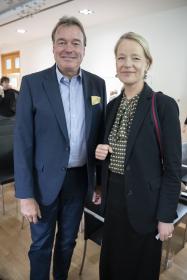BW Converting: TexCoat G4 validated by Fashion for Good and Apparel Impact Institute
BW Converting announced that its Baldwin TexCoat® G4 precision spray finishing system has been validated through collaboration with Fashion for Good and Apparel Impact Institute (Aii). Following extensive trials and analysis, the technology is now recognized within Aii’s Climate Solutions Portfolio Registry as a proven solution for lowering carbon emissions and resource consumption across the global textile supply chain.
TexCoat G4 replaces traditional pad-based applications with non-contact precision spray technology, applying chemistry only where it is needed. The system delivers 40–50% energy savings, reduces water consumption and chemical use by up to 50% and eliminates chemical waste during job changeovers. These benefits help mills achieve significant sustainability targets while improving profitability and throughput.
The validation follows successful field trials in Europe and Asia, where TexCoat G4 has demonstrated substantial resource savings with no compromise to fabric quality. As part of Aii’s registry, the technology will now be visible to leading apparel brands and retailers that are actively sourcing scalable solutions to decarbonize textile wet processing.
TexCoat G4’s patented non-contact spray process also streamlines operations by reducing downtime, enabling rapid changeovers and supporting traceability through full Industry 4.0 integration.
“Being recognized by both Fashion for Good and Aii underscores the impact of TexCoat G4 not only as an innovative finishing technology but as a verified climate solution,” said Yiannis Vasilonikolos, Global Sales Leader, Textiles, BW Converting. “We are proud that the data confirms what our customers experience every day: measurable reductions in energy, water and carbon footprint, paired with consistently high finishing quality. Together, this validation strengthens our ability to help textile producers meet the dual goals of sustainability and competitiveness.”
BW Converting




















